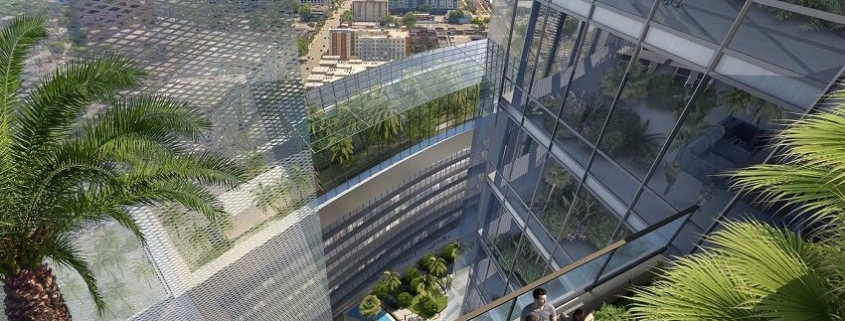Borrowers And Lenders Are Adapting To The Hot Heathcare Real Estate Market
When it comes to financing medical office building (MOB) acquisitions, the cost of capital is not always the most important factor in choosing a lender.
“In fact, when a nine-property MOB portfolio in the Atlanta area changed hands in a sale-leaseback transaction in late 2019, the borrower on the $25 million loan chose to go with a lender that did not have the lowest cost but that knew the tenant best so that they could make sure that everything would go quickly through due diligence and get to closing and not hit any bumps along the way,” said Sabrina Solomiany, a first VP, US Healthcare Capital Markets Debt & Structured Finance with CBRE Group Inc. (NYSE: CBRE), who helped line up the debt for the buyer. “It was very competitive, but ultimately we went with Synovus, with part of the reason being that even though they did not necessarily have the most competitive terms, they actually had a banking relationship with the physician group.”
Ms. Solomiany made her remarks during the recent Revista Medical Real Estate Investment Forum 2020, held Jan. 27-29 at PGA National Resort & Spa in Palm Beach Gardens, Florida. She was part of a panel session titled, “Debt Outside the Box: Construction, Mezz & Alternative Asset Classes.” Joining Ms. Solomiany on the panel were: Natalie Sproull, VP with Capital One (NYSE: COF), as moderator; Jim Barnes, director of Healthcare Specialty Lending with Synovus Financial Corp. (NYSE: SNV); and Andrew Smith, managing director with Los Angeles-based Kayne Anderson Capital Advisors LP.
During the session, the panelists discussed some of the latest trends in healthcare real estate (HRE) financing when it comes to acquisitions as well as development deals. Part of the discussion focused on how and why certain HRE deals get done.
“When it comes to construction financing of medical projects, people are often surprised that the first few things I consider are not always financial in nature, said Mr. Barnes of Columbus, Ga.-based Synovous. “I like to look more at the expertise of the developer,” he said, “making sure that the developer really has a deep experience in delivering medical properties on time and within budget. This has become much more important recently with the trend toward greater institutional equity investment and, for the most part, the institutional investors having much less expertise in construction than the developers. Secondly, the firm looks for strong sponsorship either from a hospital system or a longstanding, stabilized private practice – something that will create an anchor within the property.”
Source: HREI




